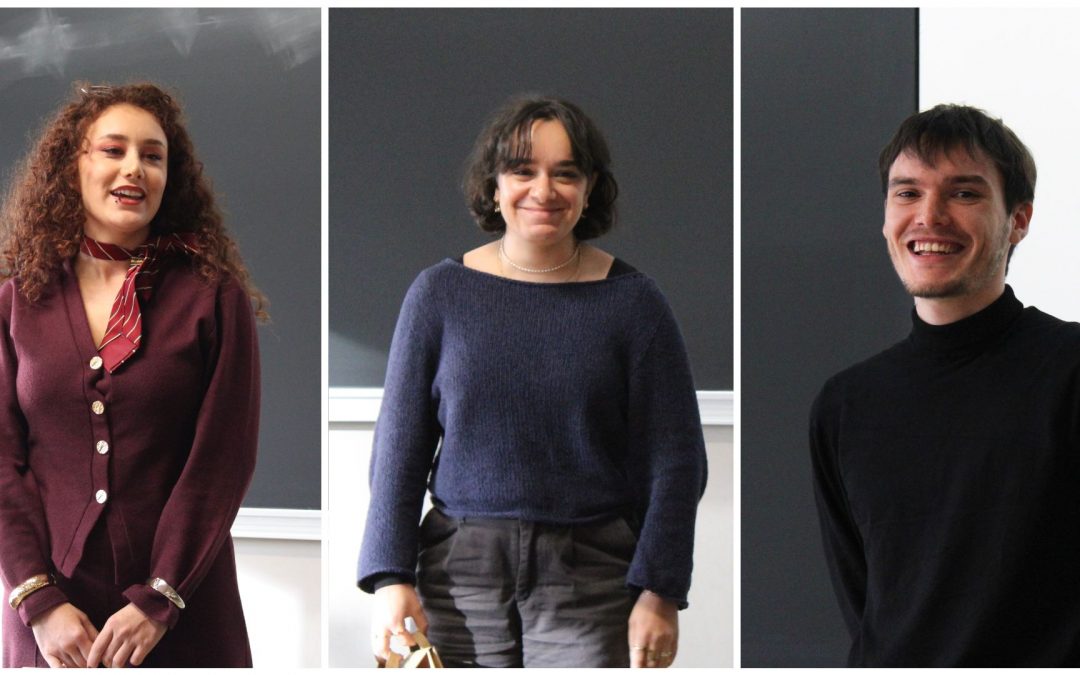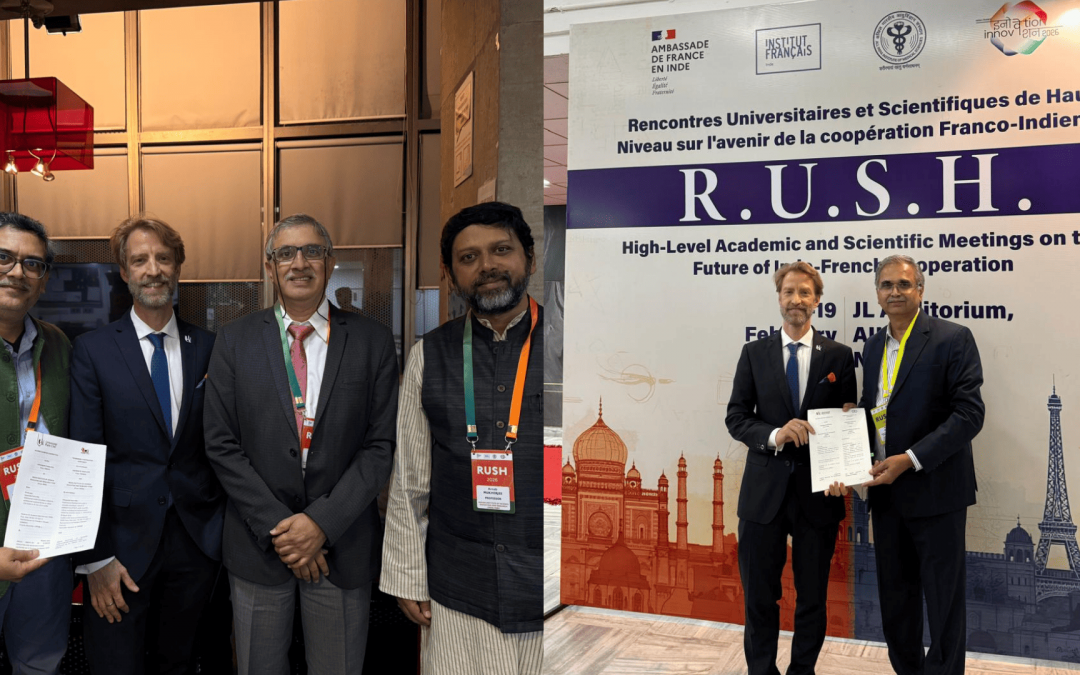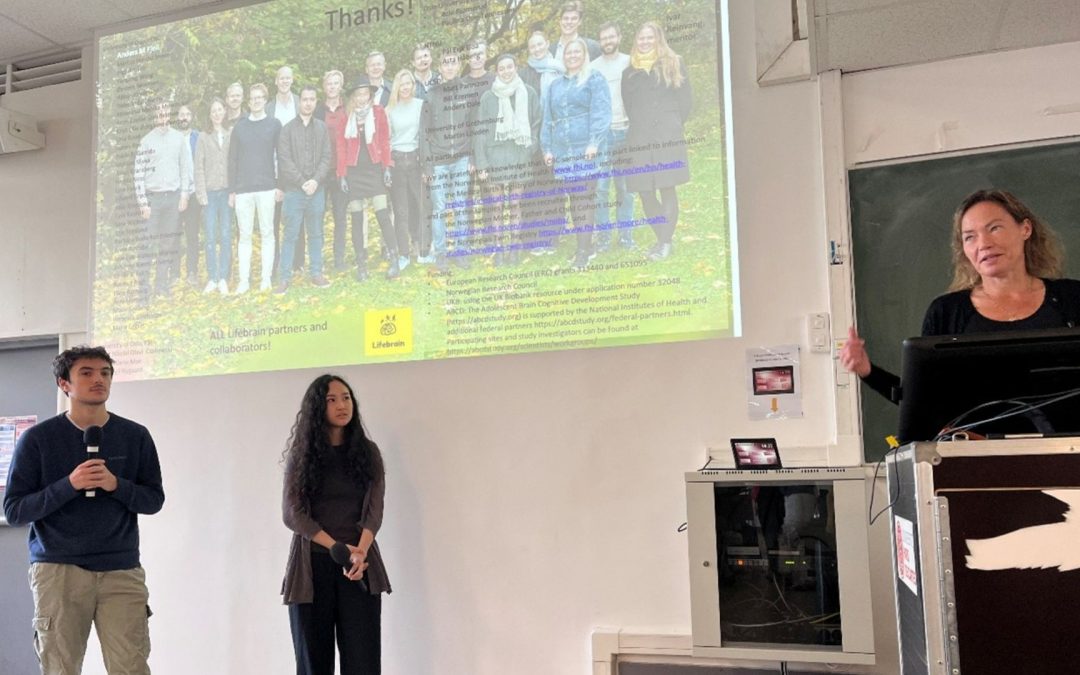Visiting PhD students
Any international PhD student who is not registered at Université Paris Cité but is admitted to one of our 113 research units to carry out a research stay on the basis of own funding is considered as a “visiting Phd student” (institution/grant by origin country, grant by an outside organization, etc.).

The International Relations Head Office provides support to visiting PhD students in the administrative and logistical aspects of their stay at Université Paris Cité. It offers international PhD students assistance with administrative formalities (accommodation search, enrolment in FLE courses, visa/or residence permit renewal), thus facilitating their stay in Paris.
Step by Step Procedure
In order to prepare their stay at Université Paris Cité, visiting PhD students must carry out the following steps :
Step 1 : Invitation by a host laboratory
As a visiting PhD student, you must be invited by one of the 113 research units of Université Paris Cité.
Contact a laboratory or department in your field of research that could host you. Then, download and complete the invitation letter from Université Paris Cité. This letter must be signed by the inviting researcher and the host laboratory Director at UPCité.
Step 2 : Signing the Scientific Agreement
Step 3 : Online procedure
Activate your online account and fill in the required information. Once the form is complete, download it as a PDF file and send it to the International Relations Head Office : welcomedesk.iro@u-paris.fr.
Step 4 : Submission of the Required Documents
Check the list of documents needed to prepare and support your research stay, and submit them to the International Relations Head Office : welcomedesk.iro@u-paris.fr.
Practical Information
- The hosting of visiting PhD students and researchers is governed by the Code de la Recherche (French Research Code), Article L. 434-1. It is detailed in the circular dated May 4, 2022 (MESRI – DGESIP DGRI A1-2), which lists the mandatory documents to be provided.
The Hosting Agreement allows the applicant to request a talent visa from their country of origin or residence. If a visa is needed, the International Relations Head Office of Université Paris Cité will provide the Hosting Agreement once the eligibility conditions for the talent visa are met and all the required documents have been submitted on time.
The Scientific Agreement, defines the hosting arrangements for visiting PhD student at Université Paris Cité. It addresses issues related to intellectual property rights and confidentiality. This agreement is mandatory for all PhD students, both European and non-European. If the home institution of the PhD student wishes to make any modifications to the agreement, it must contact the International Relations Head Office.
- As specified in the Scientific Agreement, PhD students must have their own insurance coverage (health, repatriation, and civil liability) for the duration of their stay.
- Documents may be sent by e-mail. Only documents in French and/or English are accepted, and any translation must be accompanied by the original document.
Registration Deadline
2 months before arrival
International Relations Head Office
Campus des Grands Moulins
Bâtiment des Grands Moulins – Aile A – 2e étage
5 rue Thomas Mann Paris 13e
welcomedesk.iro@u-paris.fr
Useful Document
Read more

Graduate School Sustainability, Organisations and Institutions Best Thesis Awards: Celebrating Scientific Excellence in Sustainability
The Graduate School Sustainability, Organisations and Institutions held its traditional awards ceremony for the Best Theses of its students. This distinction highlights the scientific excellence of research devoted to sustainable development and sustainability. Meet...

The Indian Institute of Science Education and Research in Pune and the Indian Institute of Technology in Bombay: UPCité’s first partners in India.
Antoine Kouchner, Vice-President of Strategy and International Relations at Université Paris Cité, travelled to India for the official visit of the President, Emmanuel Macron, to the High-Level Scientific and Academic Meetings (RUSH). In this context, UPCité...

International Day of Women and Girls in Science: celebrating the women who push research forward
February 11 was the International Day of Women and Girls in Science. On this day, Université Paris Cité reaffirms its commitment to the equality between men and women and celebrates the journey of the women who advance research. Between celebrating our heritage and...

INC Day 2025: an international scientific day dedicated to neuroscience
The Neuroscience and Cognition Institute of Université Paris Cité (INC) organized a new edition of the INC Day, focused on neurodevelopmental trajectories. A key partner of the event, the Graduate School Neuroscience invited its first year and second year master...
